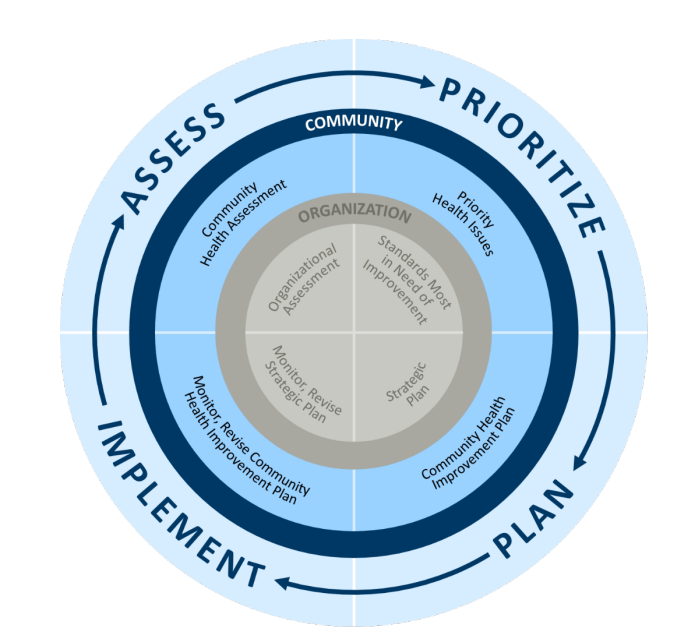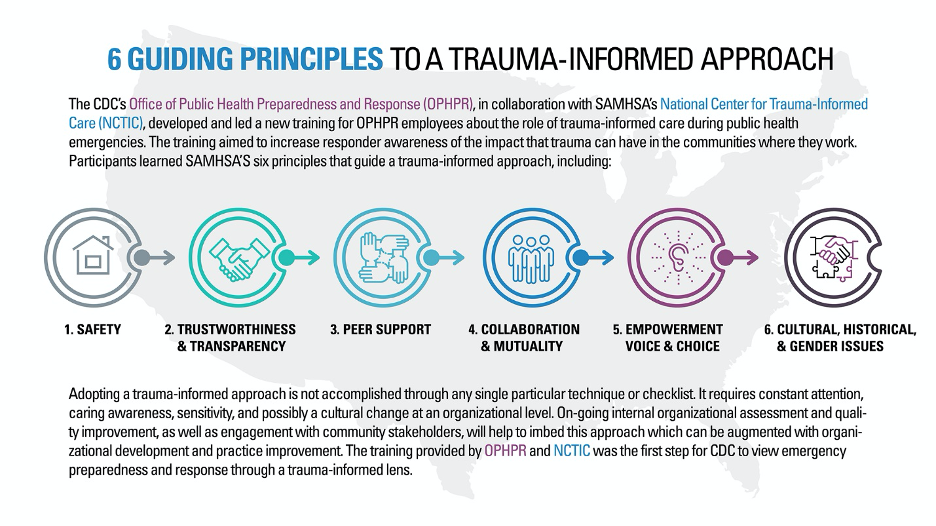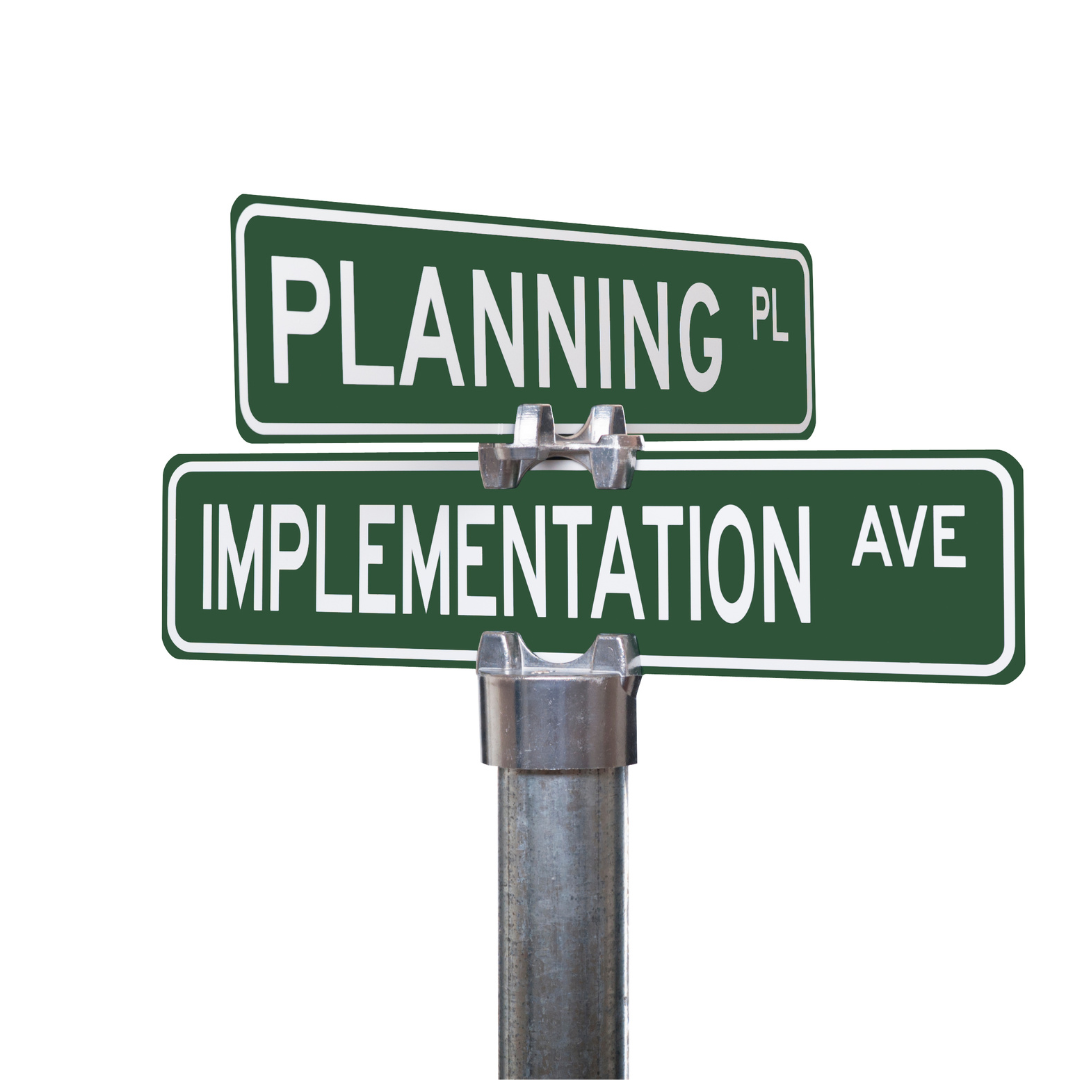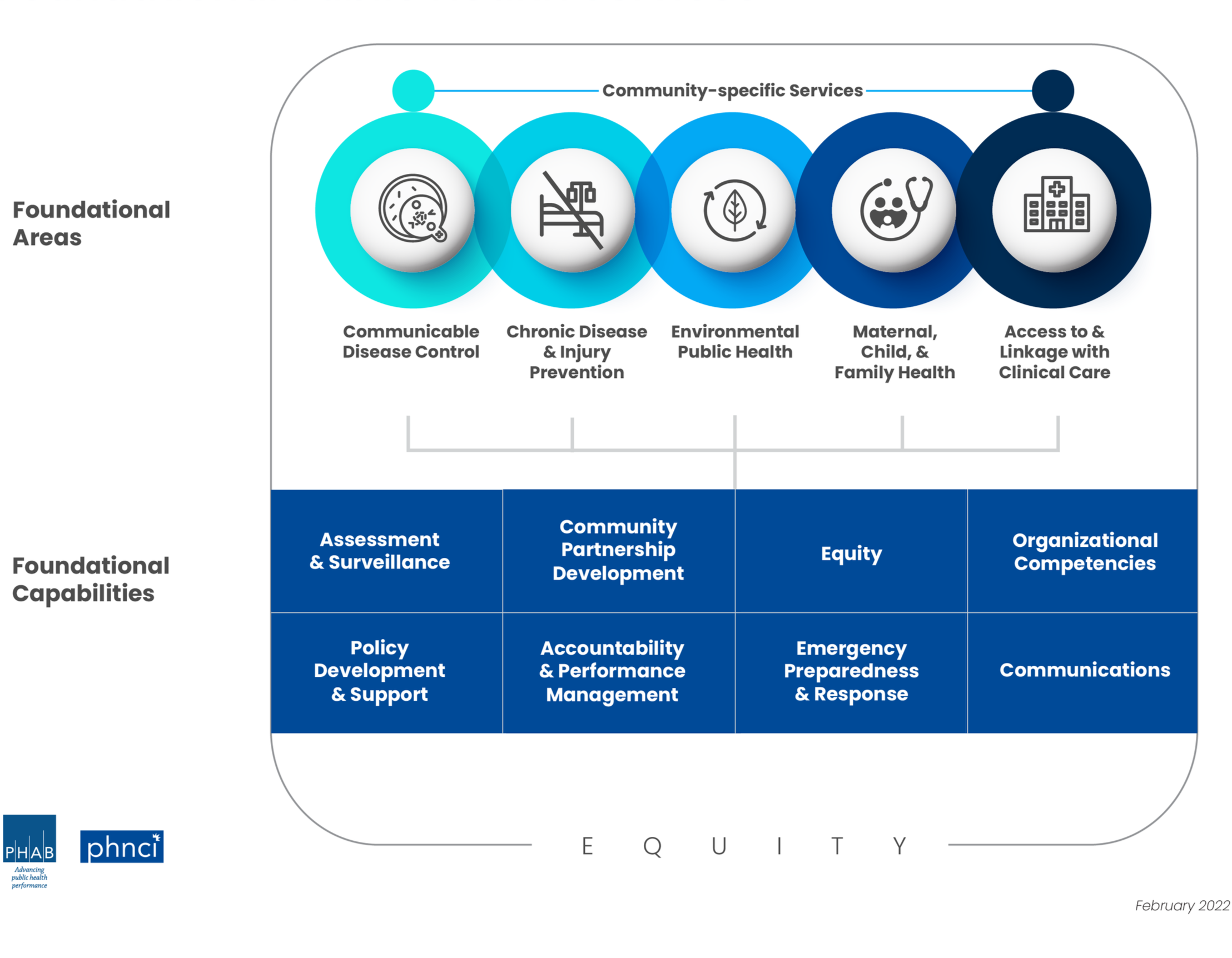Search for specific blog posts by key words, authors, or FPHR capabilities:
Capability or Author
- Accountability & Performance Management
- Anne Graves
- Assessment & Surveillance
- Communications
- Community Partnership Development
- Emergency Preparedness & Response
- Equity
- Erika Guenther
- Jenna Olson
- Mary Parsatoon
- Michelle Stronach
- Organizational Competencies
- Policy Development & Support
- Spoorthy Uddurhally
- Stephany Medina
- Susan Michels

New Year, Clear Impact: Frame Your Work with Stories and Data
Whether we think about it or not, we’re always making choices about what we say, how we say it, what’s emphasized, and what’s left unsaid. These choices can make it easier for people to understand, connect, and see opportunities to work on solutions. Or they can trigger unproductive mindsets. Check out these suggestions for telling impactful stories about your work and pairing them with data for clear understanding.

Ok But What REALLY is the CHA/CHIP?
Whether you are new to public health or a seasoned professional, there is one acronym that you cannot miss hearing in the public health field - CHA/CHIP. For those who have not yet had the pleasure of being involved in the Community Health Assessment and Community Health Improvement Plan (CHA/CHIP) process it is an assessment to determine priority health areas along with a multi-year plan to address the priorities through a process seen in the image.

See the Change Curve, Support the Person
Change happens constantly in local public health, and our reactions to it are deeply human. During NACCHO’s Adaptive Leadership eLearning Series, we explored a model that helps make sense of these reactions amidst ongoing systems-change work: the Change Curve.

Reimagining Public Health (with a Podcast Recommendation)
What if a difficult season for public health is actually a chance to lean into our values, connect with unexpected partners, and reimagine what the system can do? Considering an inflection point; and listening in on some public health thinkers, leaders, and advocates who are having tough conversations and finding opportunities to move forward together.

In a Month Dedicated to Gratitude, be Grateful for YOU!
We’re asked each day to do more and more. And in a time where transitions, chaos, and uncertainty is in the air, each and every one of you have absolutely risen to the challenge. Whether you’ve been in the field for decades fostering growth in our programs or you’re new to the field and bringing fresh ideas and energy, I’m so thankful to be doing this work alongside you all. In a month dedicated to celebrating gratitude* I’m grateful for you all!
Here are some of the ways you have all worked to implement the FPHR in our region…

Layering the Swiss Cheese of Substance Use Prevention
Making a grilled cheese and preventing substance misuse have one thing in common: the more cheese the better! In the Swiss Cheese Model of Youth Substance Use Protective Factors, pictured below, the layers of cheese represent protective factors that can help prevent substance misuse while the holes represent gaps that can increase the chance of substance misuse. The more layers of cheese the more likely one is protected and prevented by slipping through the holes and becoming addicted to substances.

From Data Chaos to Clarity: Modernizing Public Health Data
Picture this: dozens of spreadsheets, systems that don’t talk to each other, and a never-ending hunt for “the right data.” Sound familiar? That’s the challenge of public health data today — and data modernization is the key to turning that chaos into clarity.

Bridging Perception Gaps
A recent assessment of public health communications in rural Minnesota found four perception gaps that complicate the way communities understand, relate to, and trust the work we do as public health practitioners. Recognizing these gaps is the first step to bridging them.

Start Today: Support Wellness and Resilience Through Trauma-Informed Approaches
Voice and choice. Physical and emotional safety. Transparency. Culturally responsive interactions. Collaboration. Peer support. These are things we all want in our workplaces, medical interactions, and social lives, right? We also want them for our children, our parents, and our community. These factors are a part of the six guiding principles to trauma-informed approaches (TIA).

Truth Sandwiches and Community Guidelines: Preventing the spread of misinformation
As a public health professional, you have likely been on social media and read a health-related post or comment and thought to yourself “That is not true!” It can be easy to want respond instantly and correct people, but is that always the best option? Even if you do respond, how would you word it to educate while also not fueling the misinformation with unneeded attention?

Lessons from the Field: Evaluating with Accountability in Mind
Whether you’re launching a new initiative or trying to improve an existing one, EPIS (Exploration, Preparation, Implementation, and Sustainment) offers a simple roadmap to strengthen your work and implement evidence-based practices (EBPs).
You don’t need to be an expert to use it. It’s just a way to pause and ask the right questions—like what’s needed, what’s working, and how to keep it going. Find out how EPIS was used to guide a team of partners in rural Aitkin County as they set out to implement a produce prescription program called FoodRx.

Is What I Do “Foundational”?
When it comes to understanding how our work fits into the Foundational Public Health Responsibilities (FPHR) framework, it’s important to understand what “foundational” really means. The framework doesn’t describe our work as being Foundational or non-Foundational, it describes it as a Foundational capability/area or a Community-specific Service. Community-specific Services are an incredibly important part of the FPHR framework.

Letting Community Take the Wheel
In our previous blog post, The E Word, we explored ways to talk about barriers to health without relying on often misunderstood or politicized terms. But what do we do next, to actually start breaking down those barriers? It starts with community.

The E Word
Many of us are rethinking how we talk about key public health values. But you know what? Some of the words we often reach for—including equity—were never landing the way we hoped. So, what if we meet this moment with a fresh commitment to saying what we really mean? Check out these evidence-based strategies that are rooted in public health values, connect with more people, and move the conversation forward.

What’s all the hype about Results-Based Accountability?
When I was a Health Educator, I worked with a team to launch a Positive Community Norms (PCN) campaign to highlight how most students choose not to use substances. Afterwards, I presented to a Community Advisory Committee on the campaign and remember someone asking, “Would you do it again? How do you know it made a difference for kids?” I paused...and didn’t have a great answer.
One way to avoid this situation is to use a framework called Results-Based Accountability (RBA).

Why Bus Lines Aren’t Run by Health Departments
As public health practitioners, we understand that many drivers of health are beyond the traditional scope of our departments. I recently heard someone say, “I can’t create a bus system run by the health department!” It was a lighthearted comment – but it captured a serious truth: the challenges we face are too complex for any one agency to solve alone. By centering communities most impacted by health inequities, we can design interventions that are effective, equitable, and publicly supported.
And— good news! —we have tools to help us think about how we build partnerships with community.

What goes around comes around: Planning for the next CHA/CHIP report cycle
Have you recently submitted your Community Health Assessment and Community Health Improvement Plan (CHA/CHIP)? Congratulations! That calls for a celebration! And it’s a great time to start thinking about what steps you’ll take for the next one. You may be surprised how fast five years can go by in the world of public health. Here are a few tips to make sure you are staying on track to avoid rushing at the end.

DIY or delegate? Plan your message and call in help when you need it.
Communicating clearly, creatively, and consistently with the communities we serve is essential. And bringing in outside experts can amplify messages and boost capacity. Whether you’re looking to flex your own creative, design, and project coordination talents or you’re ready to hand it over to the experts, start with a plan and ask the right questions.

Avoiding Distractions: How Aims Statements Can Help
A public health nurse, former English teacher, and a planner walk into a conference room. Their task? Build innovative public health infrastructure. Ah, yes. A nice, easy, clear task.
This was the start of our MDH Infrastructure grant work. So where did we start?! We began by creating an aims statement (sometimes called a problem statement).

How do you spell policy? R-E-S-P-E-C-T
When I was assigned to write about Policy Development and Support, I thought I’d drawn the short straw--the bottom of the barrel,“clearly-you-have-done-something-wrong-and-this-is-your-penance” topic. Why would you, brilliant reader, spend time reading a blog post on why policies and procedures are important? What is there to say on this topic that doesn’t initiate an eye roll, or send you clicking away to the next post?
But after a bit of attitude adjustment, I realized something: policy is all about respect.